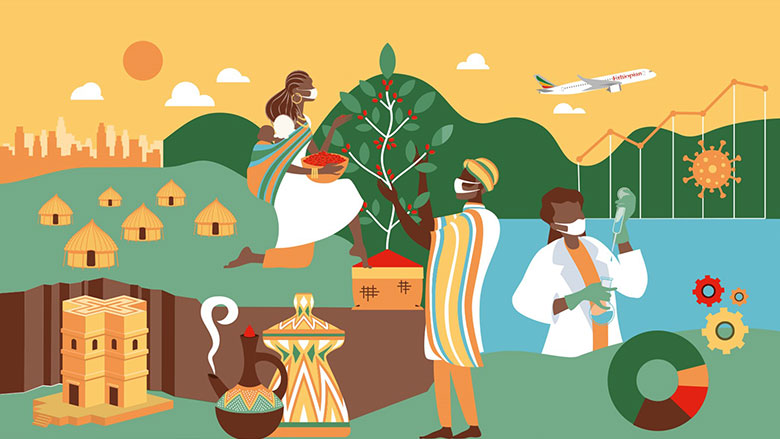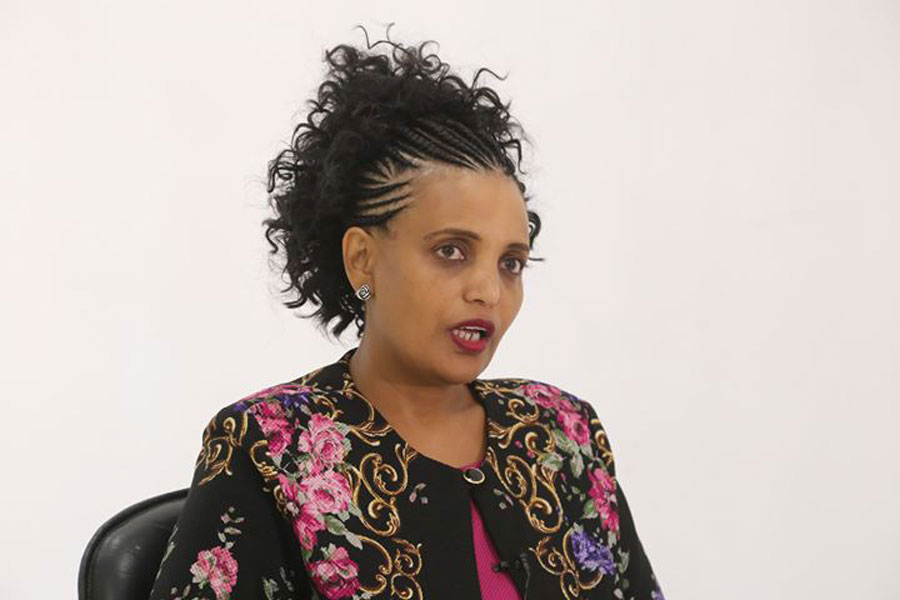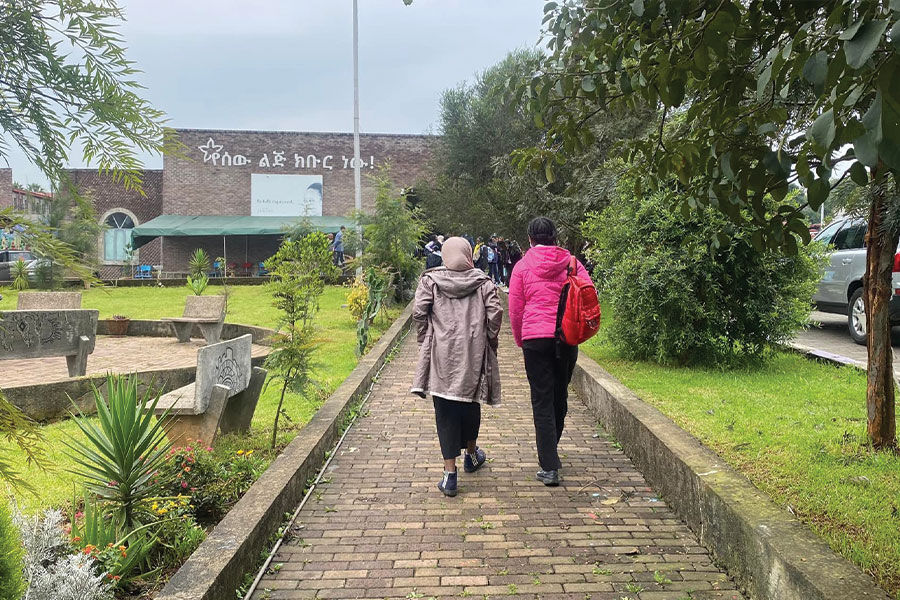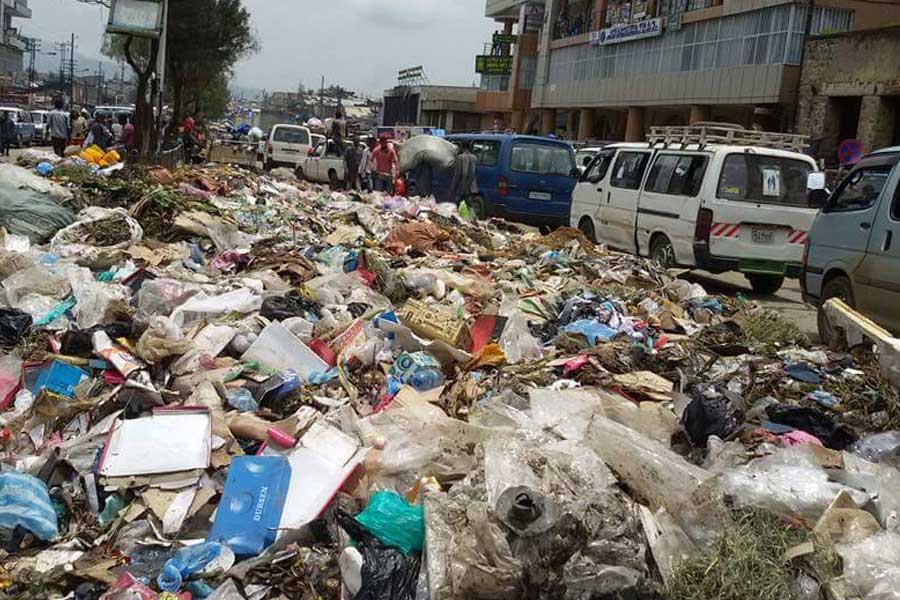
Covid-19 | May 01,2021
On March 17, as Ireland marks its most celebrated holiday, St. Patrick’s Day, Ireland’s people, its diaspora, and its friends around the world look forward to a unique alignment of important milestones in Irish history. This year, we look back on 100 years since Ireland’s entry into the League of Nations, 50 years of Ireland’s membership of the European Union (EU), and the 25 years since the signing of the historic Good Friday Agreement which brought peace to Northern Ireland.
As a small nation on the edge of western Europe, Ireland has always been deeply aware of the importance of maintaining strong cultural, economic and people-to-people connections outside our external dimensions. In the European ‘Dark Ages’, Irish monks and scholars travelled long distances in extraordinarily difficult conditions, preaching Christianity and dedicating themselves to education and to the idea of a connected Europe. A devastating famine in the 19th century highlighted Ireland’s links with the world. The Ottoman Sultan and Choctaw Native Americans sent packages of aid to Ireland, and some 2 million Irish people sought refuge from their hardship in lands across the globe. These global links were solidified when, in 1923, following Ireland’s achievement of independence from the United Kingdom a year earlier, Ireland took its place on the world stage with its entry into the League of Nations – where it strongly supported Ethiopia’s sovereignty against Italian occupation in 1936.
That important centenary is complemented this year by the 50th anniversary of Ireland’s entry into the European Union on 1 January 1973. This important milestone was vitally important for Ireland’s transition into a mature, sovereign nation, and these 50 years witnessed Ireland’s transformation from an underdeveloped, agricultural economy to a service-led, highly industrialised society. Our journey as a proud European nation has not only seen Ireland more closely integrated with our continental partners but with countries across Africa and the Global South. Ireland’s people have never forgotten the hardships endured on our own development journey, and it is no accident that our entry into the EU was closely followed by the establishment of the Irish Government’s international development policy and programme (Irish Aid) in 1974. Since that time, Ireland has supported some 130 countries with billions of dollars in development and humanitarian assistance, with Ethiopia being the largest recipient of Irish bilateral aid.
The early 1970s stand out for another reason in Ireland’s history. It was the time of the ‘Troubles’ – a sectarian conflict which brought the worst violence in 50 years to Ireland and Northern Ireland, the portion of the island which remains in the United Kingdom. This terrible conflict wrought violence and division on communities across our island and lasted almost 30 years. It was only in 1998 through the Good Friday Agreement peace accords that life on the island was transformed from one marred by violence to one of peace. This Agreement was not perfect – no peace agreements are – but it was accepted by the vast majority of people in Ireland and Northern Ireland and brought an end to the conflict. A quarter-century later, the peace process ushered in by the Agreement still goes on. The difficult work of reconciliation takes many years, but the hard-won peace is better than any alternative.
This St. Patrick’s Day, as Ireland looks back on these three anniversaries, and our first century as an independent nation, our country and its people are determined to remember the hardships and the joys of our journey in equal measure, and to show leadership and contribute to addressing the global challenges we all face,. As we say in our own language Irish, “ní neart go cur le chéile” – there is no strength without unity. We are stronger standing together as a connected world and St. Patrick’s Day is an important moment to reflect on that.
PUBLISHED ON
Mar 18,2023 [ VOL
23 , NO
1194]

Covid-19 | May 01,2021

Fortune News | Feb 16,2019

Fortune News | Sep 03,2022

My Opinion | May 07,2022

Election 2021 coverage | Feb 18,2020

Fortune News | Feb 27,2021

Fineline | Jul 20,2019

Fortune News | Aug 09,2025

Radar | Mar 28,2020

View From Arada | Apr 30,2021

Dec 22 , 2024 . By TIZITA SHEWAFERAW
Charged with transforming colossal state-owned enterprises into modern and competitiv...

Aug 18 , 2024 . By AKSAH ITALO
Although predictable Yonas Zerihun's job in the ride-hailing service is not immune to...

Jul 28 , 2024 . By TIZITA SHEWAFERAW
Unhabitual, perhaps too many, Samuel Gebreyohannes, 38, used to occasionally enjoy a couple of beers at breakfast. However, he recently swit...

Jul 13 , 2024 . By AKSAH ITALO
Investors who rely on tractors, trucks, and field vehicles for commuting, transporting commodities, and f...

Nov 1 , 2025
The National Bank of Ethiopia (NBE) issued a statement two weeks ago that appeared to...

Oct 25 , 2025
The regulatory machinery is on overdrive. In only two years, no fewer than 35 new pro...

Oct 18 , 2025
The political establishment, notably the ruling party and its top brass, has become p...

Oct 11 , 2025
Ladislas Farago, a roving Associated Press (AP) correspondent, arrived in Ethiopia in...